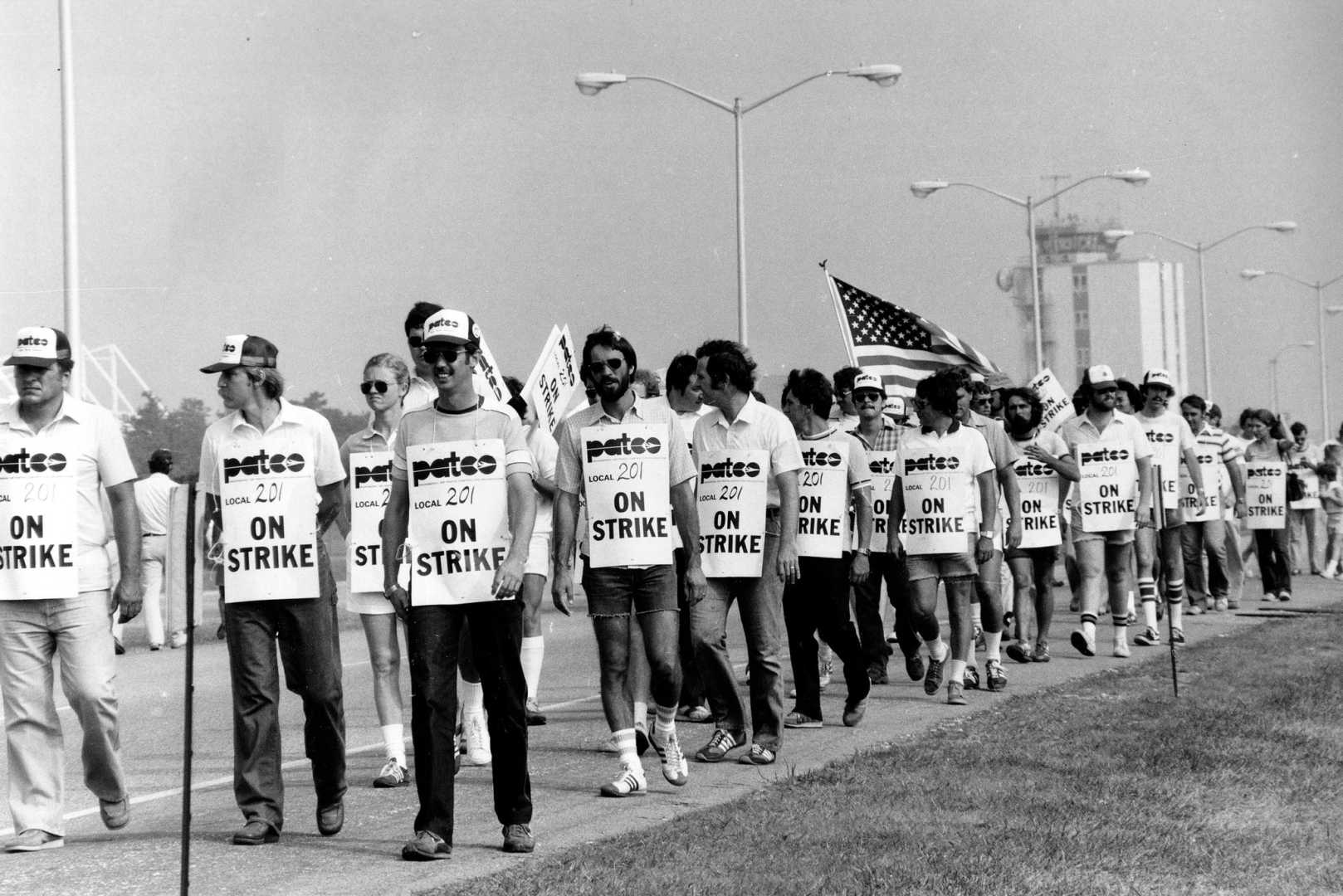Politics
Trump Administration Faces Challenges in Labor Board Shakeup

WASHINGTON, D.C. — The Trump administration’s recent actions regarding the National Labor Relations Board (NLRB) have sparked significant debate as it navigates leadership changes and implementation of new policies that could reshape labor relations.
Labor Secretary Lori Chavez-DeRemer, confirmed on March 11, 2025, finds herself on shaky ground with the free-market right due to her past congressional actions where she co-sponsored legislation aimed at empowering union leaders. To secure her position, critics suggest she must adopt a pro-market stance similar to her predecessors, Eugene Scalia and Alexander Acosta.
The contentious political landscape surrounding Chavez-DeRemer partially stems from her brief tenure in Congress, where she supported the Protecting the Right to Organize Act and the Public Service Freedom to Negotiate Act. Critics claim these legislative actions give union leaders excessive power. During a recent Senate hearing, she confirmed her support, which subsequently led to her confirmation by the full Senate.
As the Department of Labor (DOL) embarks on its restructuring, many advocate for the restoration of the two-factor test for employment status, established during Trump’s first term, which emphasized clarity in defining employee-employer relationships. The current administration reverted to a more complex six-factor analysis, which critics argue complicates assessments in the gig economy.
Concurrently, the NLRB grapples with leadership instability; three seats remain vacant. With Republican Chair Marvin Kaplan and lone Democratic member Gwynne Wilcox, the board cannot function effectively without a quorum. Wilcox is currently challenging her firing, which could end up in the Supreme Court, potentially creating further openings for Trump to fill with loyalists.
Legal battles surrounding Board member Wilcox’s dismissal have exacerbated an already difficult situation. Courts ruled that the administration’s actions were likely unconstitutional, jeopardizing established sections of the National Labor Relations Act (NLRA) that protect board members from dismissal without due cause. The potential Supreme Court deliberation could significantly alter the NLRB’s future.
Critics warn that consolidating power within the NLRB could hinder labor relations across the board. The potential for a board controlled entirely by Trump appointees raises concerns about political bias in the enforcement of labor laws. Rep. Marjorie Taylor Greene, a supporter, stated the need for strict adherence to American trade regulations.
On another front, the DOL recently scrapped nearly $600 million in foreign aid grants, affecting various international programs, including a $10 million initiative aimed at gender equity in Mexico’s workforce. DOL officials cited a lack of alignment with national interests and priorities, marking a significant pivot toward domestic labor initiatives.
The department’s leadership praises the funding cuts as an opportunity to redirect resources domestically while emphasizing the need to bolster American worker protections. The changes highlight a broader trend in labor policy that underscores the administration’s efforts to reshape federal priorities toward American workers.












